Japanese Researchers Share Insights on Child Maltreatment During Visit to Mongolia
A delegation of Japanese researchers and child development specialists from Fukui University conducted a five-day visit to Mongolia from September 16 to 20, 2025, as part of a collaborative initiative led by Save the Children Mongolia and the Japan International Cooperation Agency (JICA). The visit aimed to strengthen cross-border cooperation on child protection and to share best practices in preventing child maltreatment.
The visiting team was led by Professor Akemi Tomoda from the Research Center for Child Mental Development at Fukui University. She was joined by Emeritus Professor Hideo Teraoka, Associate Professor Tomoko Awahara, Yuki Nakamura, Secretary General of the NGO “Asian Development with the Disabled Persons,” and Tsutayo Kimizu, International Cooperation Coordinator from JICA’s Hokuriku office. Throughout the week, the Japanese delegation engaged with several key institutions and community organizations in Ulaanbaatar. These included the General Authority for Child and Family Development and Protection, the Rehabilitation and Development Center for Children with Disabilities, and the Parents’ Association of Children with Disabilities. The team also visited Public Schools No.55 and No.71, where they met with students, teachers, school staff, and representatives of parent groups to observe and discuss the learning environment and challenges faced by children, including those with special needs.
The highlight of the visit took place on September 19, when Dr.Tomoda delivered a seminar at the Mongolia-Japan Center titled “Creating a Society Free from Child Maltreatment: Uniting Adults to Raise Children Together.” The event drew more than 100 participants from the education, health, and child protection sectors, including representatives from both Ulaanbaatar and rural provinces.
In his opening remarks, Mr. L.Bayan-Altai, Country Manager of Save the Children Mongolia, emphasized the importance of international collaboration in advancing child rights. He stated that the Japanese delegation had been invited to conduct research observation on the living and learning environments of children in Mongolia, and to share knowledge that could inform local practice and policy.
.
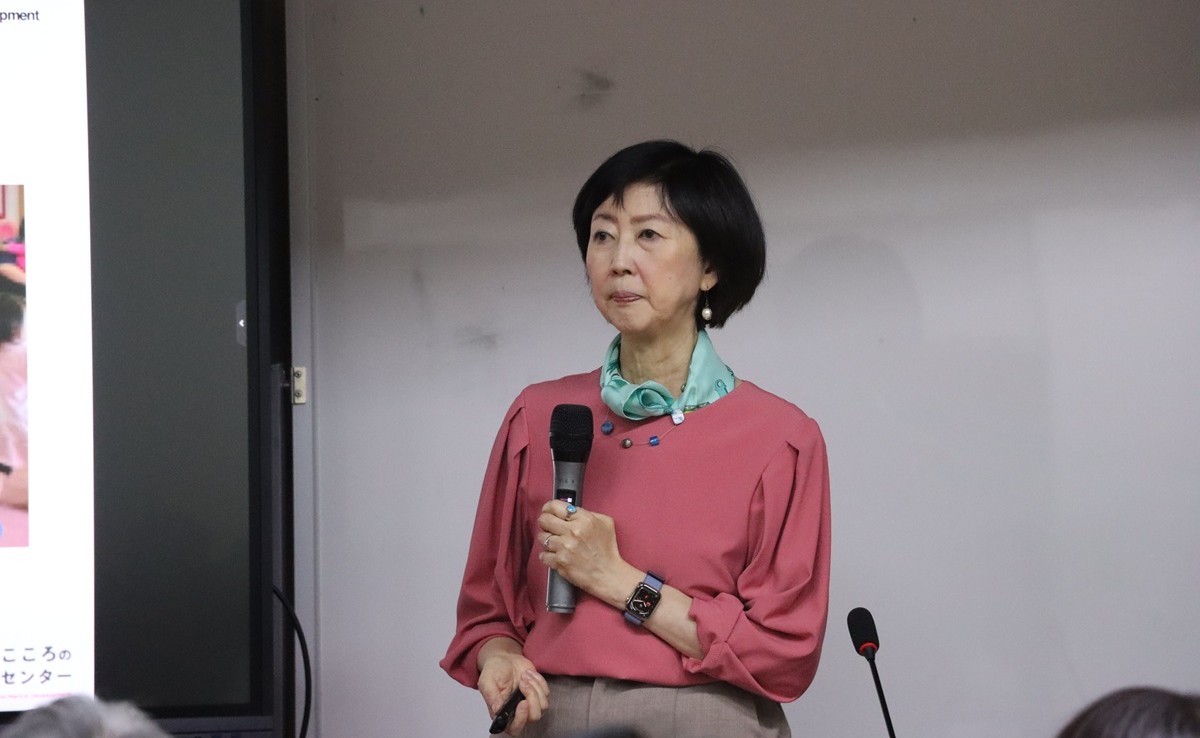
Dr. Tomoda, a renowned expert in the psychological and neurological effects of child abuse, presented findings from her extensive research on the long-term impact of maltreatment on brain development. She stressed that child abuse is not limited to physical violence but also includes emotional neglect and verbal abuse – behaviors that, while often overlooked, can cause deep and lasting harm to a child’s mental and emotional health. Using examples from Japan and recent neuroscience studies, Dr. Tomoda illustrated how harsh or dismissive adult behavior can alter a child’s developmental trajectory. She called for a collective shift toward empathetic communication, early psychological support, and the creation of emotionally safe environments at home, in schools, and in communities.
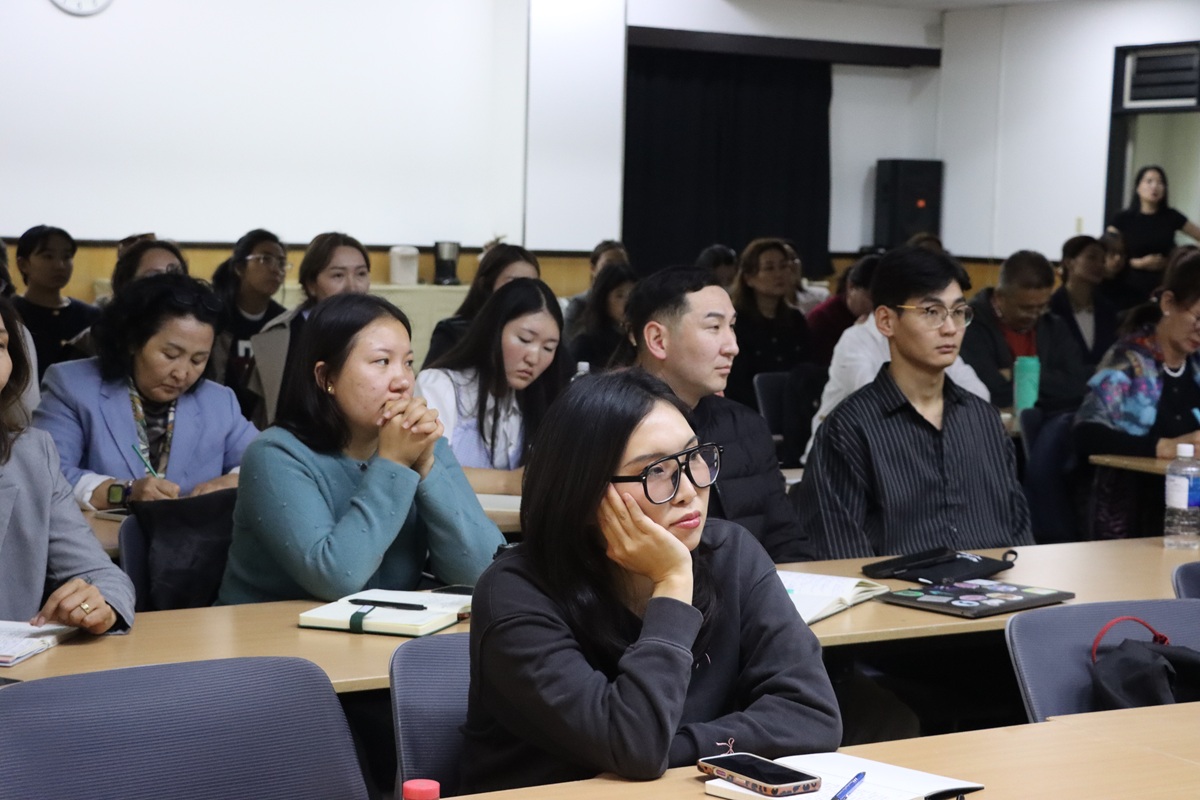
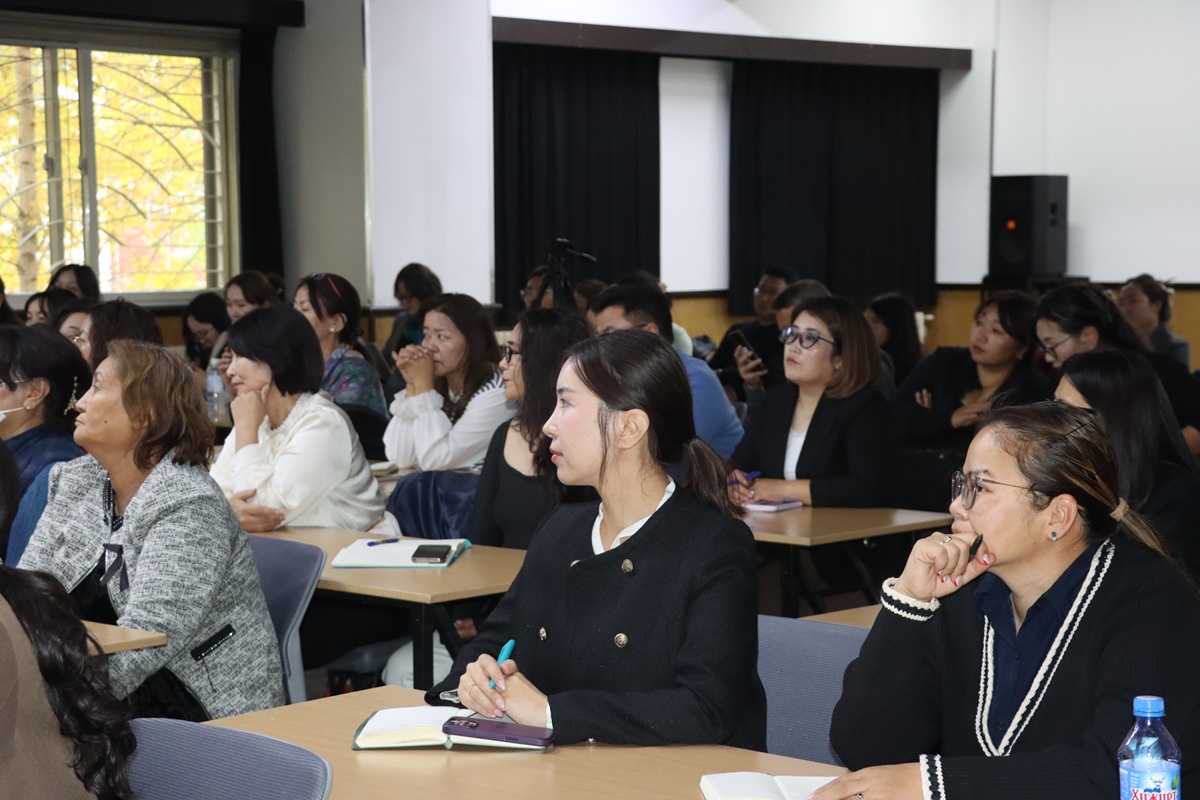
Local participants responded positively to the seminar, sharing reflections on how the insights could be applied in their work. D.Sugar, Head of the Department of Public Health in Gobi-Altai Province, noted that discussions of violence in Mongolia often rely heavily on statistics, while the emotional and psychological consequences are not fully explored. She said the seminar underscored the importance of using observation-based methods to better understand children’s mental health.
Ts.Baasansuren, a social worker at the Lifelong Learning Center in Ulaanbaatar’s Nalaikh District, highlighted the importance of recognizing attachment disorders, which are often overlooked but treatable when identified early. She added that grounding the seminar in neuroscience made the concepts feel practical and scientifically credible.
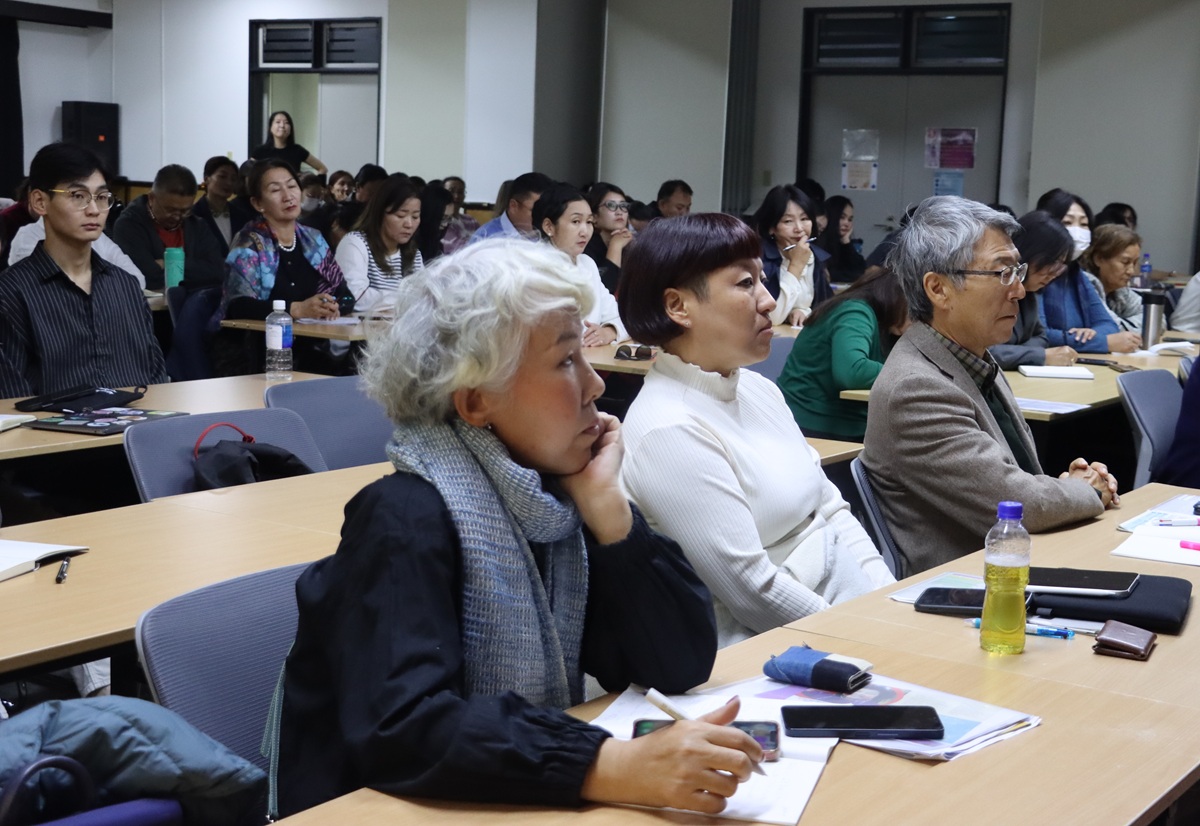
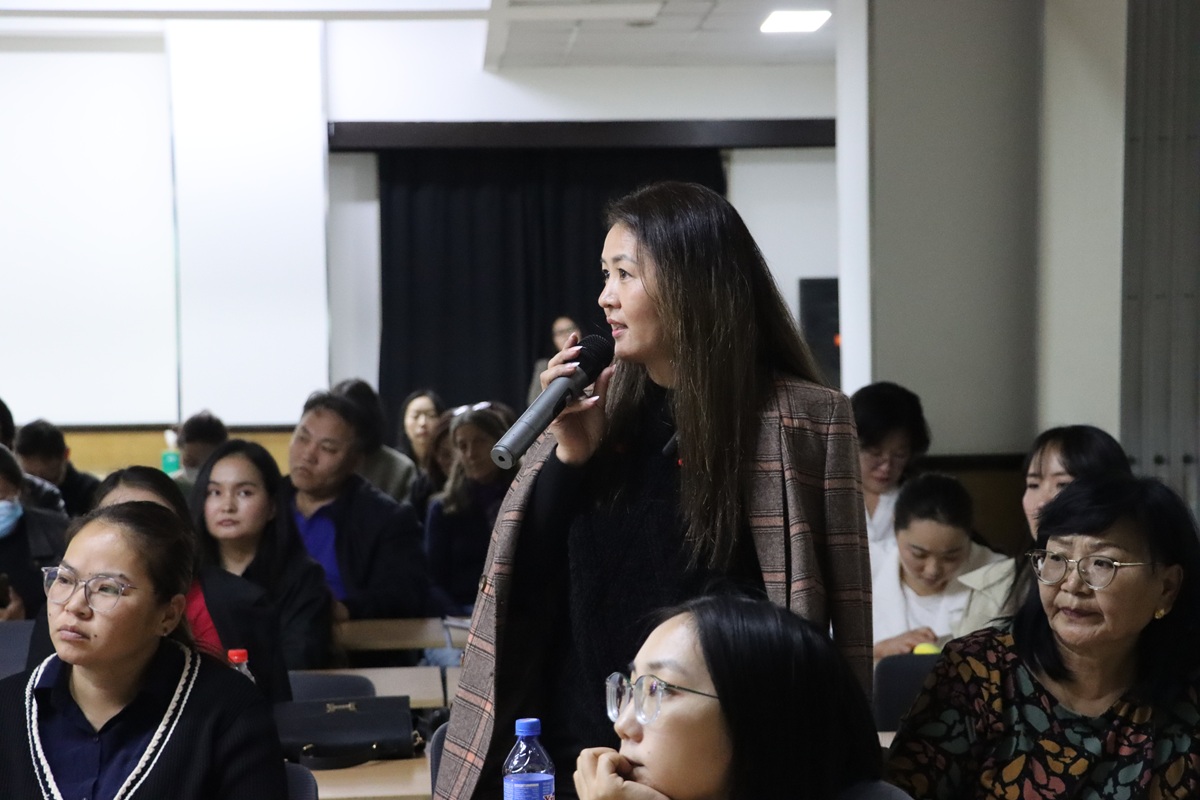
Reflecting on her visit, Dr. Tomoda shared her appreciation for the warm hospitality and strong cultural ties she felt between Japan and Mongolia. She expressed particular admiration for the children she met at the special education school, describing them as bright and loving, and praised the supportive atmosphere created by their teachers and families. She also remarked on a few everyday observations, noting with surprise the high level of traffic congestion in Ulaanbaatar, which exceeded her expectations compared to cities in Japan. On a lighter note, she complimented Mongolian cuisine, calling it “absolutely delicious.”
The visit concluded with a shared commitment to continue building bridges between Japan and Mongolia in the area of child welfare and protection. The collaboration between Save the Children Mongolia, JICA, and Fukui University marks a meaningful step toward fostering evidence-based, emotionally informed approaches to raising children in safe, supportive environments.

